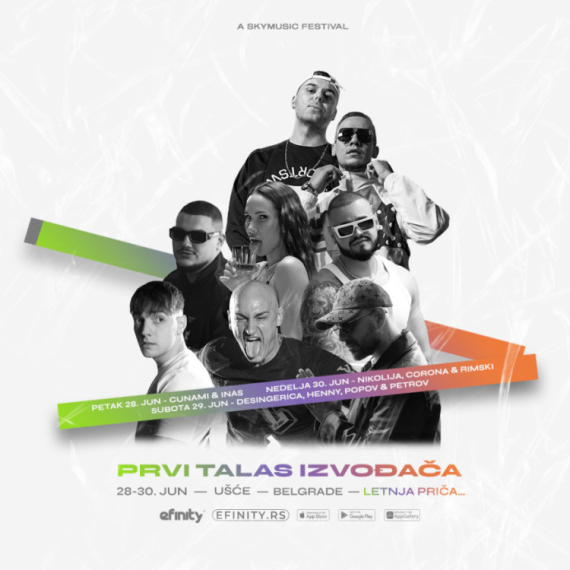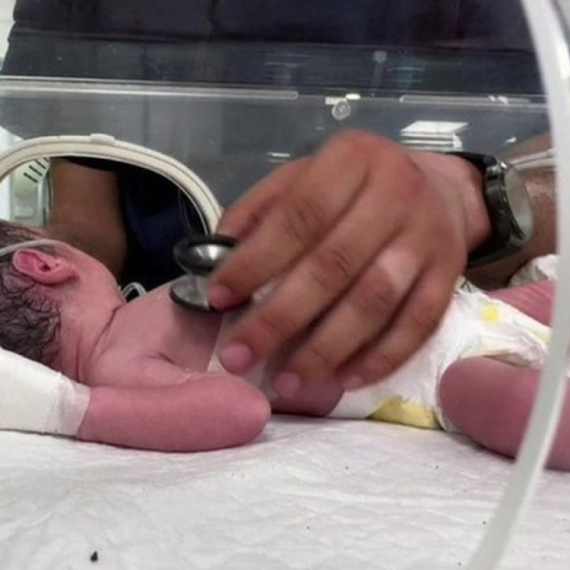30,000 people in Serbia have no personal ID
Around 30,000 people in Serbia, mostly Roma, have no IDs, while around 6,500 persons are not recorded in the birth register, which makes them legally invisible.
Tuesday, 03.04.2012.
09:17

Around 30,000 people in Serbia, mostly Roma, have no IDs, while around 6,500 persons are not recorded in the birth register, which makes them legally invisible. Serbia is aware of its problem with stateless persons, and together with UNHCR it is trying to work out a solution, UNHCR office chief in Serbia Eduardo Arboleda stated on Monday, adding that by adopting amendments to the Civil Procedure Code, Serbia could be the first in the region to resolve this issue. 30,000 people in Serbia have no personal ID According to Arboleda, statelessness is a great problem with serious consequences for people's lives, since it precludes obtaining birth certificates, limits access to jobs, health care and respect for fundamental human rights. He told Tanjug that this problem is mostly present with the Roma people living in shanty towns, who have no residence permit or any knowledge of the administrative procedures, Arboleda said. According to the data of a recent study on the situation in Serbia, 6.5 percent of the Roma people are believed not to have IDs, while 1.5 percent of them are not even recorded in the birth registry, Arboleda said. UNHCR has been working on the problem of Roma shanty towns and registering of these people for five years already, and so far 20,000 of them have been provided with proper documents, he added. I believe that together with the Serbian government we can resolve this problem, Arboleda said, and announced that UNHCR is soon to sign a memorandum of understanding with the competent ministry for the sake of joint engagement in the resolution of this issue. In December 2011, Serbia acceded to the Convention on the Reduction of Statelessness from 1961, and in March 2012 Protector of Citizens Sasa Jankovic presented the report on the position of legally invisible people in Serbia. Tanjug
30,000 people in Serbia have no personal ID
According to Arboleda, statelessness is a great problem with serious consequences for people's lives, since it precludes obtaining birth certificates, limits access to jobs, health care and respect for fundamental human rights.He told Tanjug that this problem is mostly present with the Roma people living in shanty towns, who have no residence permit or any knowledge of the administrative procedures, Arboleda said.
According to the data of a recent study on the situation in Serbia, 6.5 percent of the Roma people are believed not to have IDs, while 1.5 percent of them are not even recorded in the birth registry, Arboleda said.
UNHCR has been working on the problem of Roma shanty towns and registering of these people for five years already, and so far 20,000 of them have been provided with proper documents, he added.
I believe that together with the Serbian government we can resolve this problem, Arboleda said, and announced that UNHCR is soon to sign a memorandum of understanding with the competent ministry for the sake of joint engagement in the resolution of this issue.
In December 2011, Serbia acceded to the Convention on the Reduction of Statelessness from 1961, and in March 2012 Protector of Citizens Saša Janković presented the report on the position of legally invisible people in Serbia.


























































Komentari 1
Pogledaj komentare